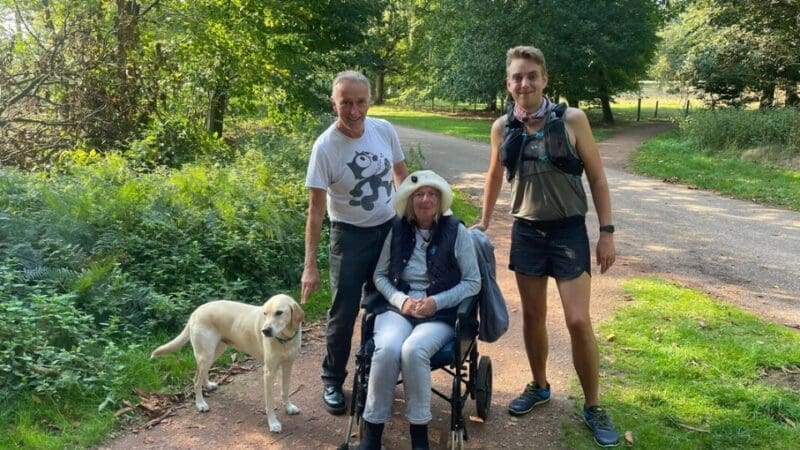When someone is diagnosed with dementia, it can have a big impact on the emotions of the person themself, their family and friends.
Some people may experience:
- shock – particularly if the diagnosis was unexpected
- relief that you now know what is causing the person’s symptoms
- disbelief – especially in the case of young onset dementia (where symptoms develop before the age of 65)
- anxiety, low mood and/or depression
- feelings of being overwhelmed
- grief
- feelings of helplessness/hopelessness
- worry about the future
How someone responds to a dementia diagnosis – whether they have the diagnosis themselves or someone close to them has been diagnosed – will vary according to their own personality, and other factors such as:
- the age of the person with the diagnosis
- their relationships with family and friends and how they communicate
- the impact on their lifestyle, eg employment, hobbies, driving, looking after children, socialising
- their finances
- any spiritual and cultural beliefs
- how well they can adapt their life to cope with the changes that dementia can bring
- their usual or previous coping strategies for managing problems and distress
- stigma and discrimination around the diagnosis
Often, the changes that dementia causes in someone’s behaviour and/or personality will influence how they respond emotionally to their diagnosis.
For example, changes in the brain may affect how they process information – the person may not fully understand their diagnosis, or they may forget that they have been diagnosed and become upset when they are reminded of it.
And changes in the person’s personality may affect their emotions – for example, their feelings may be more extreme, such as intense anger or despair.
Other people’s reactions to the diagnosis may also affect the person’s emotional response.
Comments like, “You’re too young to have dementia,” “There’s nothing wrong with your memory,” or, “You seem fine to me” can be upsetting



